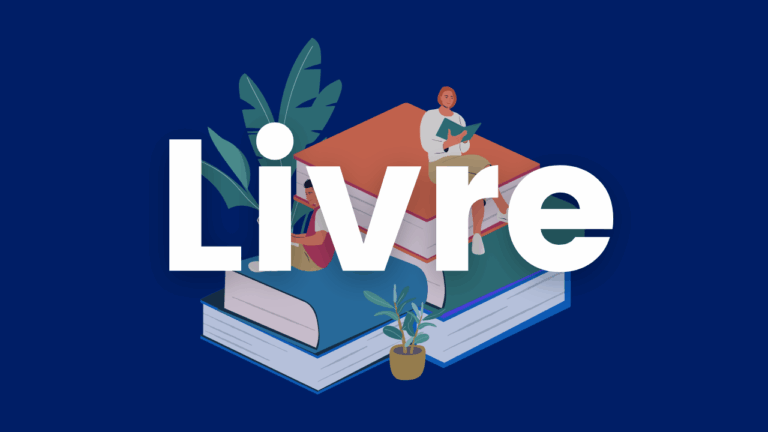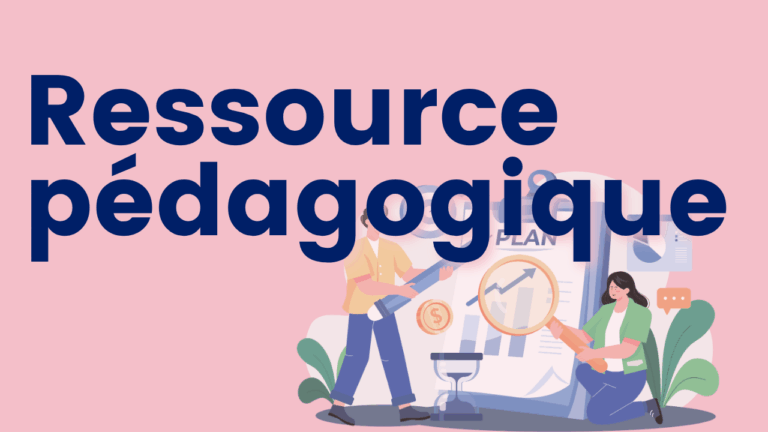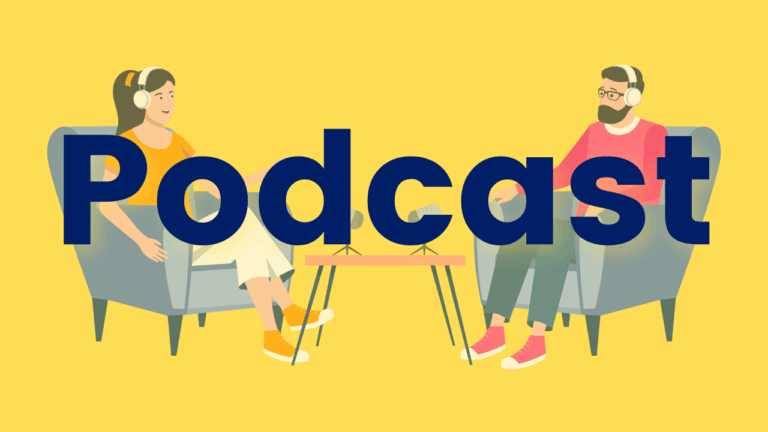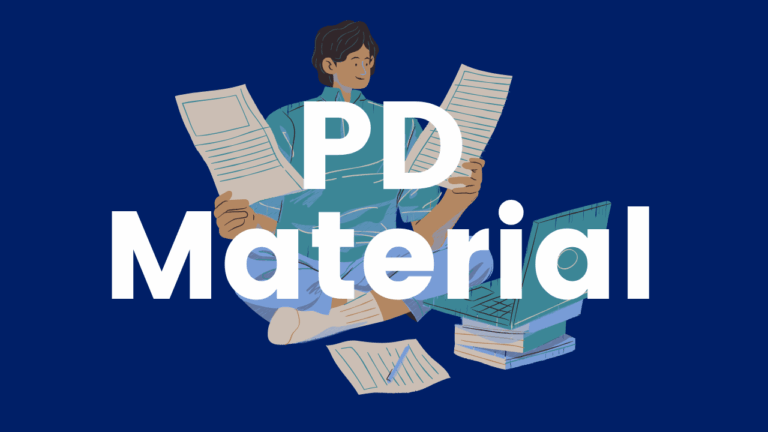Grand dictionnaire étymologique et historique du français
Un dictionnaire de 52.000 entrées avec leur datation, leur origine, leur formation, une brève histoire de la langue française, du gaulois au français moderne, et tous les préfixes et suffixes servant à la formation lexicale. Un index alphabétique de 33.000 termes permet de retrouver facilement l’article dans lequel se trouve le mot recherché.









